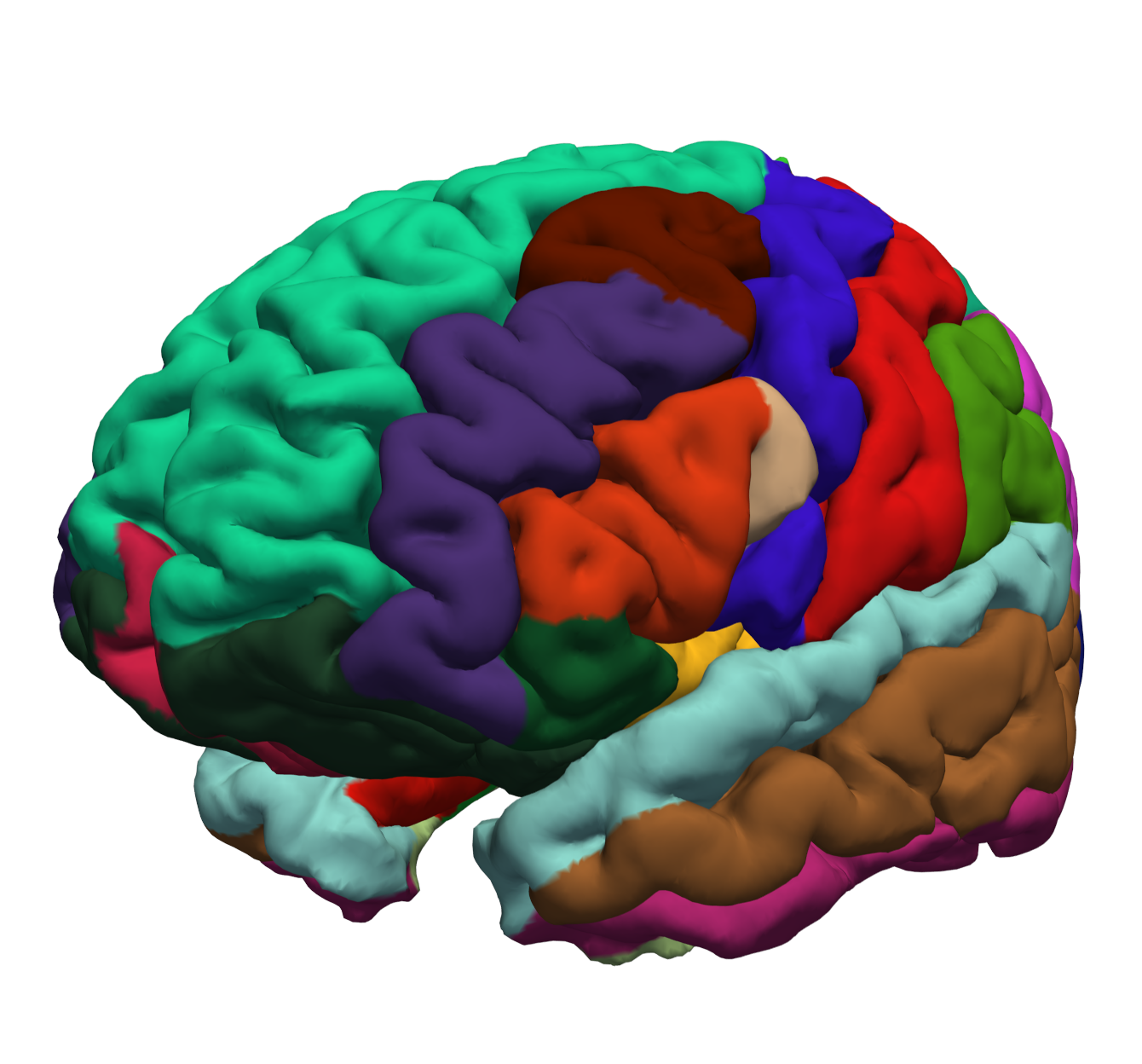BMBF funds DZNE research project on artificial intelligence
Bonn, January 15, 2020. For a project on artificial intelligence of the DZNE, the German Federal Ministry of Education and Research (BMBF) has granted around 1 million euros in funding. Under the leadership of Prof. Martin Reuter, the project aims to develop analytical methods that enable the faster and improved evaluation of MRI brain scans for dementia research. In addition to the DZNE, Harvard University is involved in the research project: Young scientists from Bonn will get the opportunity for a research stay at the Martinos Center for Biomedical Imaging at Harvard Medical School. The project duration is four years.
Studies with a large number of participants are one way of investigating the causes of dementia. In these studies, three-dimensional images of the human brain are acquired with magnetic resonance imaging (MRI). These 3D brain images are then automatically analyzed, for example, to detect early pre-symptomatic disease effects.
In view of the rapidly increasing number of participants in such studies, state-of-the-art approaches have been unable to cope with the efficient evaluation of these large amounts of data: Required computing times are currently around 6 hours per image. "Processing can therefore take months even on modern computing clusters. Therefore, we are researching a new and more efficient analysis method," says Martin Reuter. With the support of the funded project "DeepNI" ("Innovative Deep Learning Methods for Computer-Aided Neuro-Imaging"), the computing time per image can be reduced to 1 minute. This is done on the basis of Deep Learning.
So-called software pipelines have been established in recent years for the evaluation of these images. These are a series of complex computer programs that each process different, successive tasks. For example, one module standardizes the brightness of the image, another must identify the brain - and others must recognize up to about 100 different brain structures and areas, and mark them on the image. This makes it possible to automatically measure whether, for example, the hippocampus ─ the area of the brain responsible for memories ─ has changed.
"With 'DeepNI' we are developing more modern, faster methods of artificial intelligence, so-called neural networks, which also extend the functionality of the existing pipelines," says Reuter. Neuronal networks can be trained with the help of highly parallel graphic chips on already labelled brain images. They are then able to recognize individual brain structures in new images within seconds.
"It is planned that we integrate our developed methods into already existing and widely used open source software, so that many researchers and medical users worldwide will benefit from the improvements".
Martin Reuter explains that the new analytical method can be of great benefit in the long term, not only in research but also in clinical application. "Speed supports the medical decision-making process: Soon, physicians could receive automatically evaluated MRI scans within one minute, while the patient is still lying in the scanner".
---
On the German Center for Neurodegenerative Diseases (DZNE)
The DZNE investigates all aspects of neurodegenerative diseases (such as Alzheimer’s, Parkinson’s and Amyotrophic lateral sclerosis) in order to develop novel approaches of prevention, treatment, and health care. The DZNE is comprised of ten sites across Germany and cooperates closely with universities, university hospitals, and other institutions on a national and international level.

